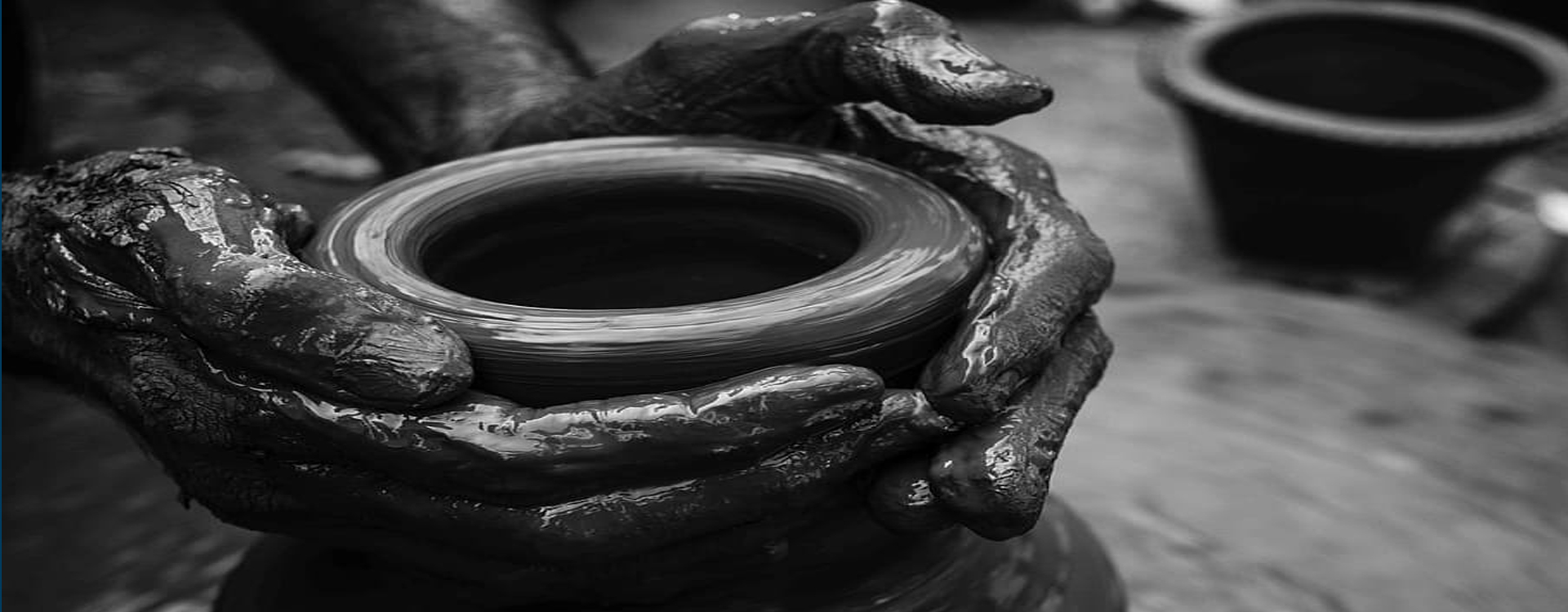Seminar Details
Magnesium aluminate spinel (MgAl2O4) is the only compound that forms in the MgO-Al2O3 binary phase system and has a myriad combination of suitable properties such as high refractoriness, high mechanical strength, excellent resistance to chemical attacks, high thermal shock resistance etc., which makes it suitable for many refractory applications. When combined with alumina, magnesium aluminate spinel (MAS) finds use in applications such as side walls and bottom of steel ladles for iron and steel industries. Also in concomitance with magnesia, MAS finds use in the burning and transition zones of cement rotary kilns. On account of its high chemical resistance, MAS is also important for the upper layer lining of the regenerators of glass tank furnaces. Besides having such exceptional properties, MAS has not been commercially successful because sintering of MAS poses a huge challenge. This is because the formation of MAS in solid state reaction is associated with ~ 5 % of volume expansion which does not allow it to densify in a single-stage firing process. Although a two-stage firing process counters this problem but it increases the cost of production.
Halides are widely used as additives for both spinel formation and sintering aid. However, the number of studies in the purview of halides (LiF/CaF2/AlF3) doped stoichiometric MAS are rather limited and demands a more comprehensive study. Here, stoichiometric spinel compositions were prepared via single-stage reaction sintering technique at 1550°-1650°C using commercial grade oxide reactants. The effect of 0-4 wt. % LiF doping on the properties of MAS batches was studied.


